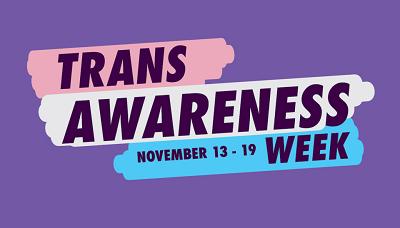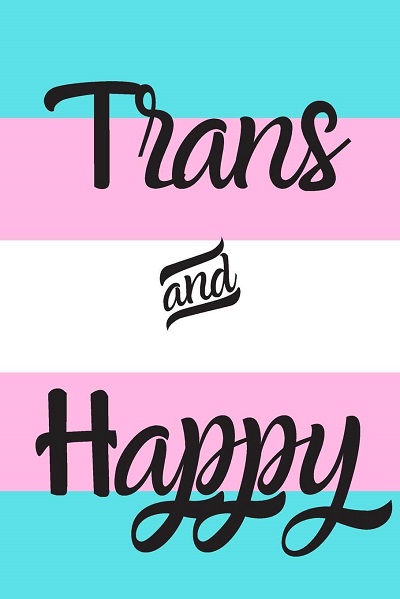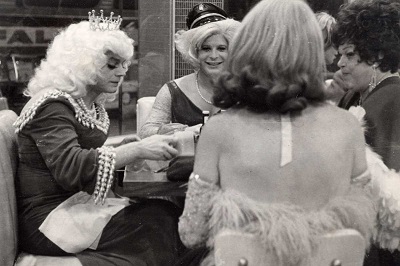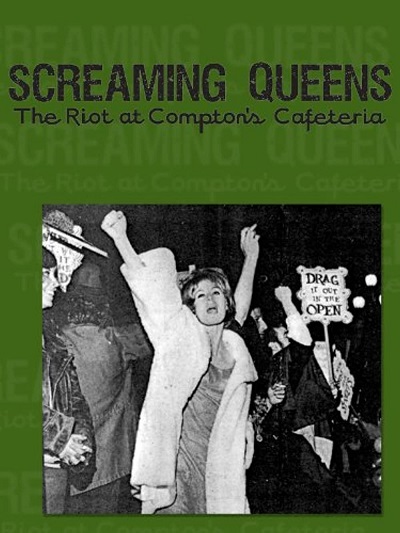November 15 marks the beginning of Transgender Awareness Week, a week-long series of events celebrating the lives and experiences of transgender, nonbinary, and gender non-conforming people around the world. This week, also devoted to raising the visibility of transgender people and addressing issues members of the community face, culminates in the Transgender Day of Remembrance on November 20, a day of memorializing all those transgender people who were killed the previous year because of their gender identity/expression, reminding us of the fact that transphobia literally kills, and transphobic hate crimes are on the rise. Ecce Homo, as a queer genderfluid and body-positive underwear brand that addresses the needs of all people wherever they fall into the beautiful and colorful spectrum we call gender, has been fighting against transphobia and for trans rights since day one. After all, our Corporate Social Responsibility program is a constitutive part of our corporate DNA, and our longstanding and substantial support to the Greek Transgender Support Association, our community partner, testifies to this fact. Along with this financial support, the last week a series of blog articles have been written, and many tweets have been tweeted by our CSR team. And this is just a small part of our tireless efforts to raise awareness of the challenges our trans and intersex siblings face in their everyday lives and to educate ourselves and our friends and customers about the social justice claims they put forward.











 Login
Login